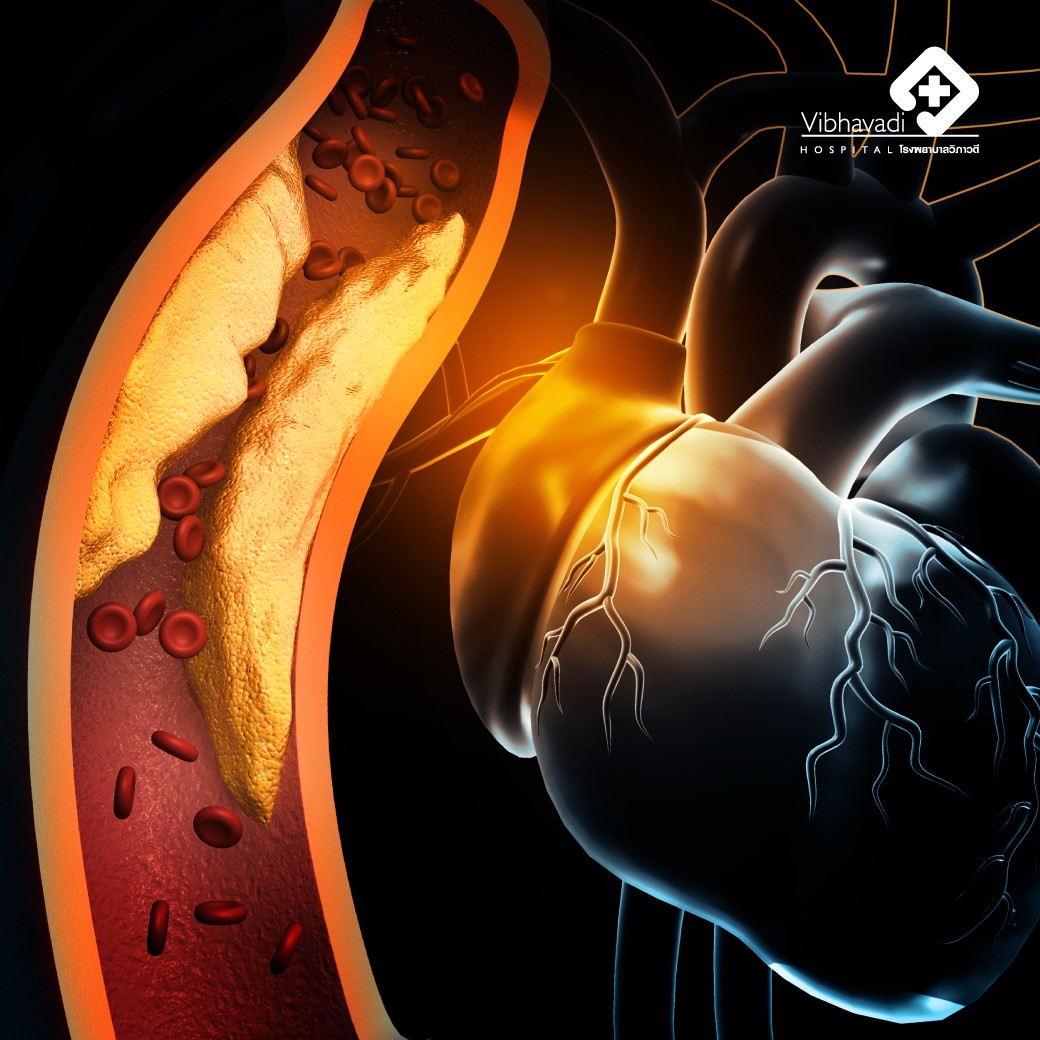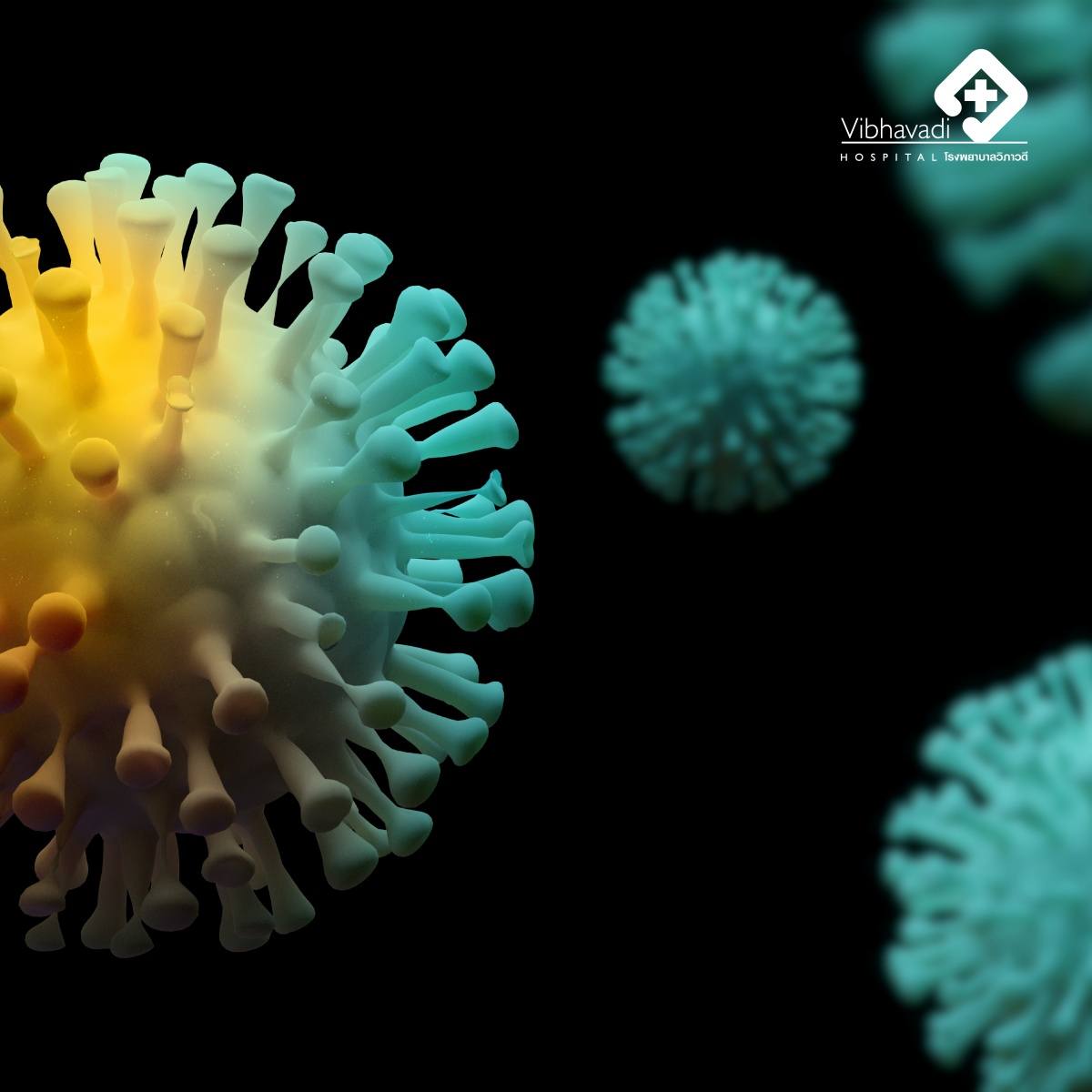Autism
Autism
What is Autism?
Autism is a neurological disorder that is present from birth, affecting three main areas of development: communication, social interaction, and play. Symptoms associated with each area can be categorized accordingly.
- Communication development: Difficulties expressing needs, slow speech, speaking in strange languages or not speaking at all, and difficulty following simple instructions.
- Social development: Lack of eye contact when talking, looking indifferent, difficulty adjusting to friends, not showing joy or sadness.
- Development of play: Likes to play alone, not interested in playing with friends, unable to play by the rules, paying too much attention to detail.
- Other symptoms: Aggressive behavior, restlessness or lack of concentration, high-pitched screams, head banging, etc.
Currently, the exact cause of autism remains unknown. It is believed that pregnancy and delivery complications, such as bleeding during pregnancy or premature birth, may be the underlying cause. Furthermore, genetics are also thought to play a role. This makes it difficult to prevent the condition. Consequently, doctors emphasize the importance of early diagnosis for the best possible treatment outcomes.
Autism is estimated to affect 1% of people. Symptoms can start to manifest in children from the age of one year, although parents may initially mistake them for being shy, tranquil, or having good concentration skills due to their ability to stay focused on toys for long periods of time. By the age of three, children with autism usually have more pronounced symptoms.
How is it diagnosed?
The diagnosis of autism is not always easy to detect, as there are no physical features that set a child with autism apart from any other child. Therefore, diagnosis is based on observing and assessing the child's behavior, as well as taking a detailed history from their parents. A physician may also ask the child's teacher for additional behavioral data. In addition, an IQ test administered by a clinical psychologist is beneficial for proper treatment planning. If seizures are present, an electroencephalogram (EEG) may be required.
How is autism different from mental retardation?
Many people believe that autism and mental retardation are the same condition. However, an IQ test can be used to differentiate between the two. Additionally, autism can co-exist with mental retardation in up to 50% of cases, and in some cases, individuals with autism may have a higher level of intelligence than normal people, or even possess genius-level special abilities such as artistic talent or an uncanny ability to remember dates and calendars.
Autism Treatment
Today, experts have conflicting views about the treatment of autism. While some believe that autism can be cured, current medical evidence suggests that it cannot. However, there are treatments available to help improve symptoms and help individuals with autism integrate into society. These treatments can be divided into three categories: developmental stimulation, behavior modification, and medication.
- Developmental stimulation is the most important treatment for autism, which involves several methods such as Sensory Integration, Occupational Therapy, and Speech Therapy.
- Behavior modification in children with autism is an approach used to reduce dangerous behaviors, such as headbutting or aggression. Since children with autism typically have communication limitations that make it difficult to use spoken language, behavior modification must be clear, easy to understand, and practical. To ensure the success of behavior modification, it is important that parents are educated and trained in behavior modification techniques by a doctor.
- Medication use is essential in the treatment of autism, as it is a developmental disorder of the brain. Medications can help to regulate the chemical balance in the brain, thus preventing complications. Such medications are often used to control symptoms in autistic children, such as risperidone to manage aggressive behavior, and methylphenidate to control attention deficit and restlessness. It is important to note that medication treatment should be closely monitored and assessed for side effects by a physician.
Autism is a neurological disorder that impacts development. Achieving successful treatment requires a considerable amount of both psychological and physical effort. The success of treatment depends on a thorough understanding of the condition. Parents should have faith in their child's ability and show them lots of love - this will be the main force that will help them overcome autism.
Mental Health and Child Development Clinic, Vibhavadi Hospital















